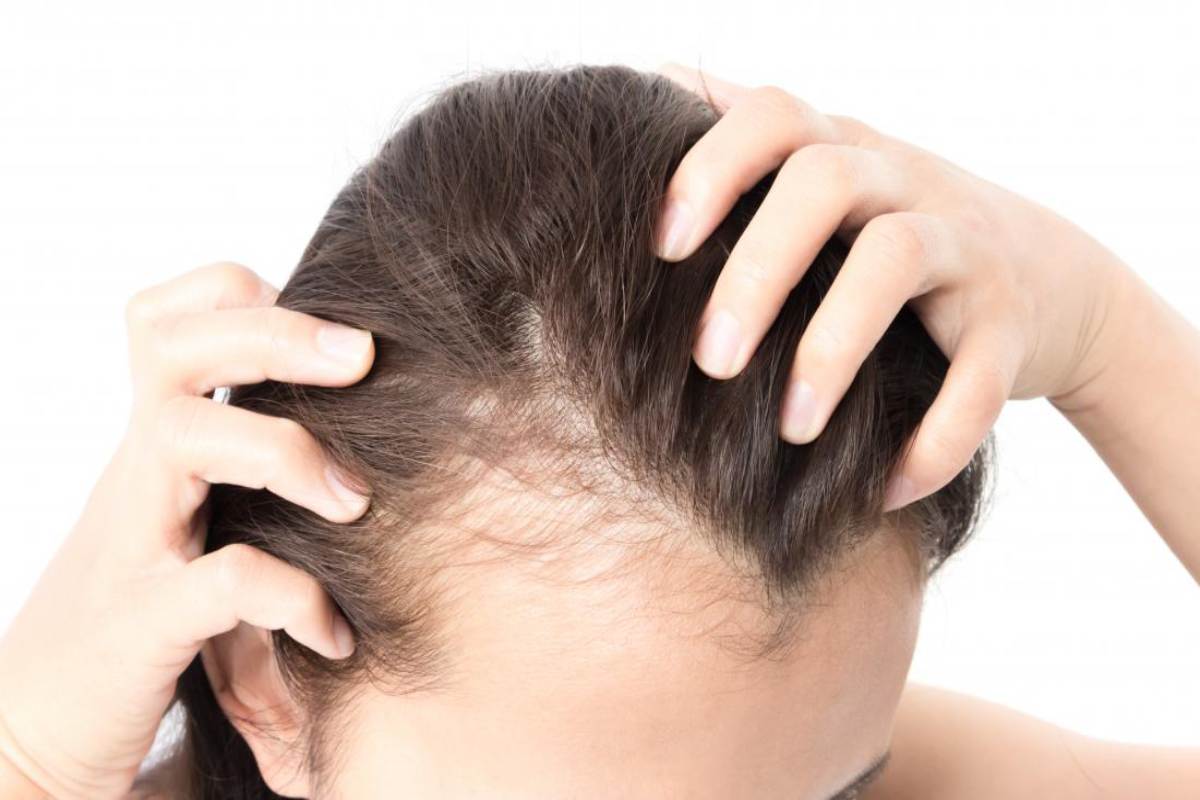Non-Surgical Medication Options on Hair Loss: Hair loss is a fundamental concern that affects millions of adults worldwide. While surgical options like hair transplants are well-known, there is a growing interest in non-surgical medication options for addressing this issue. In this article, you will closely examine non-surgical solutions for hair loss in adults. These treatments offer hope to those dealing with hair loss and can be effective when used correctly.
Table of Contents
Minoxidil: The Pioneer of Non-Surgical Solutions
Minoxidil, a topical solution, is one of the most widely used non-surgical medications for hair loss. Originally developed as a treatment for high blood pressure, it was discovered to have a side effect of promoting hair growth. Applied directly to the scalp, minoxidil stimulates hair follicles, leading to increased hair growth. It is available over-the-counter and has shown positive results in both men and wome
Finasteride: The Hormone Regulator
Finasteride is a medication that inhibits the hormone dihydrotestosterone (DHT), which causes hair loss in genetically predisposed individuals. Finasteride can slow down or even reverse hair loss by reducing DHT levels. However, it’s vital to consult a healthcare professional before using finasteride due to potential side effects. Furthermore, regular follow-ups with a medical provider can help monitor the progress and any adverse reactions, ensuring a safe and effective hair loss management plan for individuals considering this treatment option. Additionally, understanding the mechanism of action of finasteride provides valuable insights into how it can address the underlying causes of hair loss, making it a compelling choice for many seeking non-surgical solutions.
Platelet-Rich Plasma (PRP) Therapy
PRP therapy is an innovative approach to hair loss treatment. It involves drawing a small amount of the patient’s blood, processing it to isolate platelets, and injecting the platelet-rich plasma into the scalp. The growth factors in PRP stimulate hair follicles, encouraging hair regrowth. While more research is needed, many individuals have reported positive results.
Low-Level Laser Therapy (LLLT)
Low-level laser therapy is a non-invasive process that functions with low-level lasers or light-emitting diodes to stimulate hair follicles. This technology is believed to increase blood flow to the scalp and promote hair density. LLLT devices are available for home use or clinical settings, making them a convenient option for many.
Ketoconazole Shampoo: The Antifungal Approach
Ketoconazole is an antifungal medication often found in medicated shampoos. While its primary use is to treat fungal infections of the scalp, some studies suggest that it may also benefit hair loss. It reduces inflammation and improves overall scalp health, potentially supporting hair growth.
Biotin Supplements: The Nutritional Boost
Biotin, a B vitamin, is important for healthy hair, skin, and nails. While biotin deficiencies are rare, some individuals opt for biotin supplements to support hair growth. Remember that the effectiveness of biotin supplements may vary from person to person, and it’s crucial to consult a physician or a dermatologist before starting any supplement regimen. Moreover, incorporating biotin-rich foods like eggs, nuts, and whole grains into your diet can also provide a natural source of this vital vitamin, potentially complementing your overall hair health efforts. Additionally, maintaining a balanced diet not only benefits your hair but also contributes to your overall well-bei
Caffeine-Based Topicals: The Wake-Up Call for Hair Follicles
Caffeine-based topical products have gained popularity as they stimulate hair follicles and increase hair growth. These products enhance blood circulation in the scalp, potentially leading to thicker and stronger hair. While the evidence supporting caffeine-based topicals is promising, individual results may vary.
Essential Oils: Natural Remedies for Hair Loss
Essential oils like rosemary, lavender, and peppermint are often used in aromatherapy and have gained attention for their potential to promote hair growth. These oils are typically diluted and applied to the scalp to improve circulation and nourish hair follicles. While they may not work for everyone, some have reported positive outcomes. Furthermore, the soothing and refreshing scents of these essential oils can also contribute to a relaxing and pleasant hair care routine, enhancing the overall experience of using them. Additionally, the holistic approach of essential oils aligns with the growing trend towards natural and non-invasive hair care solutions, making them a popular choice for those seeking alternatives to conventional treatments.
Conclusion:
The non-surgical solutions for hair loss provide hope for adults dealing with this common concern. Various approaches exist, from minoxidil and finasteride to innovative therapies like PRP and LLLT. Additionally, ketoconazole shampoos, biotin supplements, caffeine-based topicals, and essential oils offer alternative avenues for addressing hair loss. Remember that the effectiveness of these treatments can vary from person to person, and consulting a dermatologist or a physician is essential to determine the suitable option for your specific needs. With non-surgical solutions, you can journey to combat hair loss and potentially regain confidence in your appearance.

